Dr. Michael Osterholm (‘75) gives Farwell Distinguished Lecture
For over 40 years, the Farwell Distinguished Lecture series has been a campus-wide event held in the Center for Faith and Life, open to the public. This year, due to the ongoing COVID-19 pandemic and the current safety guidelines, the event on Thursday, October 15, at 7:00 pm was hosted via Zoom.
This fall’s Farwell Distinguished Lecture was given by Dr. Michael Osterholm (‘75), an epidemiologist, member of Luther’s Board of Regents, and director of the Center of Infectious Disease Research and Policy at the University of Minnesota. In his lecture, he discussed the beginnings of the COVID-19 crisis, how politics intersected with this global issue, and hypothesized about the future regarding the virus.
At the beginning of Osterholm’s address, he gave a brief overview of the development of the COVID-19 pandemic, from an epidemiological perspective. Osterholm and the Center for Infectious Disease Research and Policy began tracking the virus in November of last year, when the first reports were coming out of Wuhan, China. At first, the news that the illness was a coronavirus brought a sense of relief to the medical community, as similar diseases are thought to be containable. By January, they discovered that this was not the case with the newly christened COVID-19 disease.
“Some people who’d had no known exposure to ill people were also becoming infected, suggesting some people who were transmitting the virus were totally asymptomatic,” Osterholm said. “That was very concerning to us. As we saw the epidemic in the area expand, now including other countries in Asia, we realized we had a real problem on our hands. On January 20th, I put a statement out from our center saying that this would be the next global pandemic, a worldwide epidemic of an agent that could infect all of us.”
At the time that this announcement was made, Osterholm felt that few believed him. However, when his prediction that the virus would manifest in the United States at the beginning of March came true, more ears were willing to listen. By mid-April, COVID-19 became the number one day-by-day cause of death in the country. Social distancing measures went into effect, and while daily case numbers fell, pandemic fatigue soon set in, and by mid-July we reached a new high of 67,0000 cases a day.
“We recognized early in August that [the limited spread] was likely going to be a temporary situation, that this virus would keep transmitting, until more than 50% to 70% of the population had become infected and developed immunity,” Osterholm said. “Today, we sit at 10% of our population in this country that has been infected with this virus. For all the pain, suffering, and economic disruption, as well as death, only 10% have been infected. To achieve herd immunity, we have a lot of pain, suffering, death, and disruption to come.”
Osterholm detailed how the virus is spreading primarily in the upper Midwest at this point, and constant public vigilance is key to preventing the rampant spread of COVID-19. Avoidance of large population settings, compliance with mask and PPE recommendations, and limited travel are all measures the Luther community can take to protect themselves and others. Osterholm also addressed the development of a COVID-19 vaccine.
“Right now, we are hoping that the vaccines may work 50-60% of the time, anything above that will be seen as a gift,” Osterholm said. “We also understand that there is a tremendous amount of reluctance to get vaccinated, around safety issues and so forth, understandably so. I can promise you that the public health community will not allow a vaccine to be used by the public, if they are in charge and in control, if in fact it is not found to be safe and effective.”
Osterholm’s Farwell Distinguished Lecture served as the inaugural event to introduce the Global Health major at Luther College. This new major has been in the works since 2017, and was launched this fall. The major was constructed by the Global Health Board, on which Program Director and Professor of Biology Scott Carlson serves.
“This field of study seeks to advance health care and health education, with the goal of achieving global equity and development,” Carlson said in his introduction to the lecture. “[Our discipline] also strives to reduce the prevalence of global disease that threatens and diminishes lives and wellbeing.”
For those who missed the lecture, a recording has been posted on the Luther College events page.

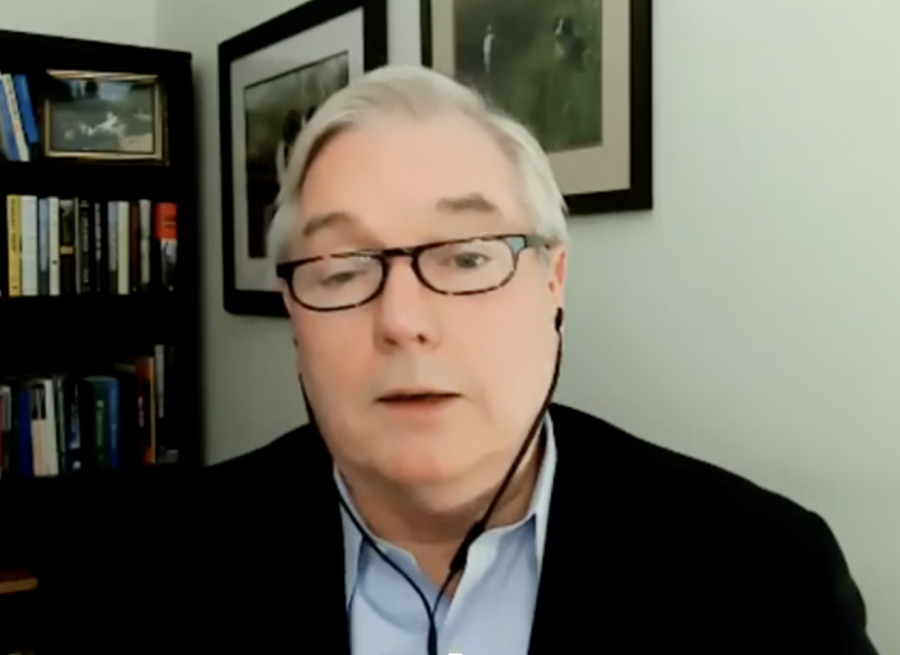
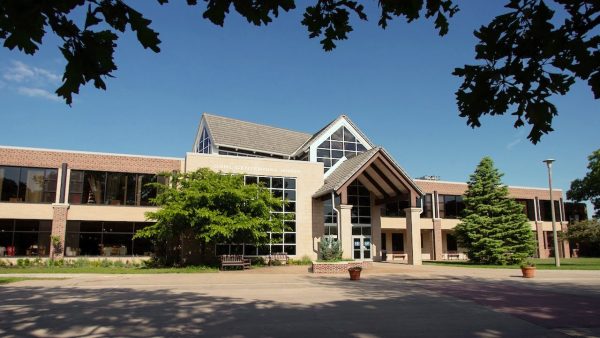
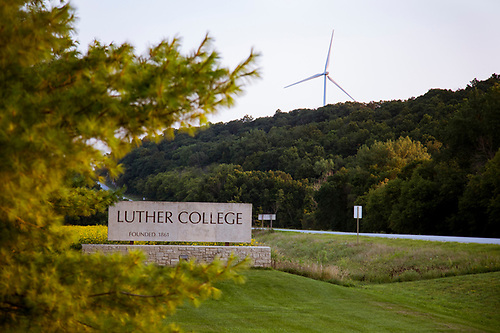
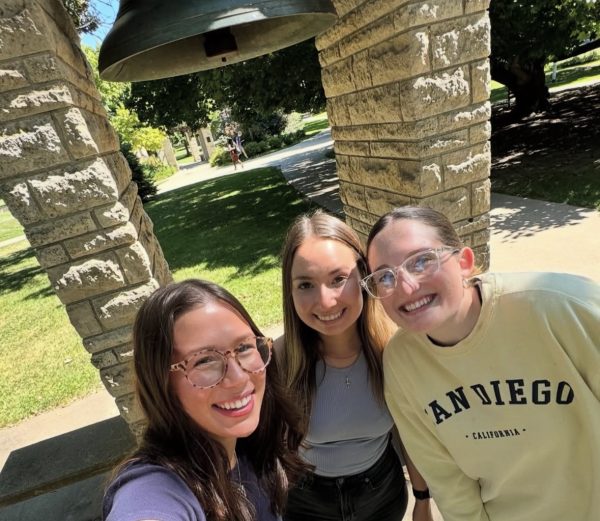
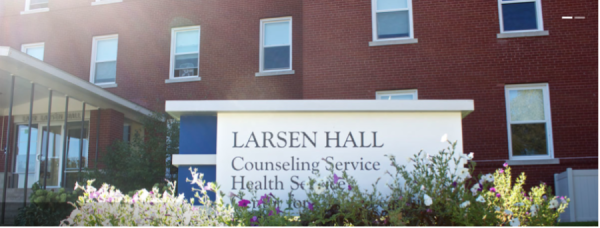
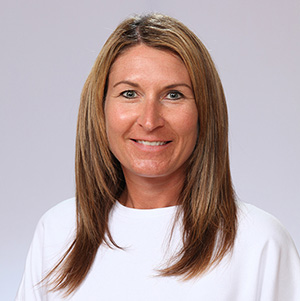
Connie Betz • Oct 25, 2020 at 4:42 pm
Thank you for sharing this well written information.